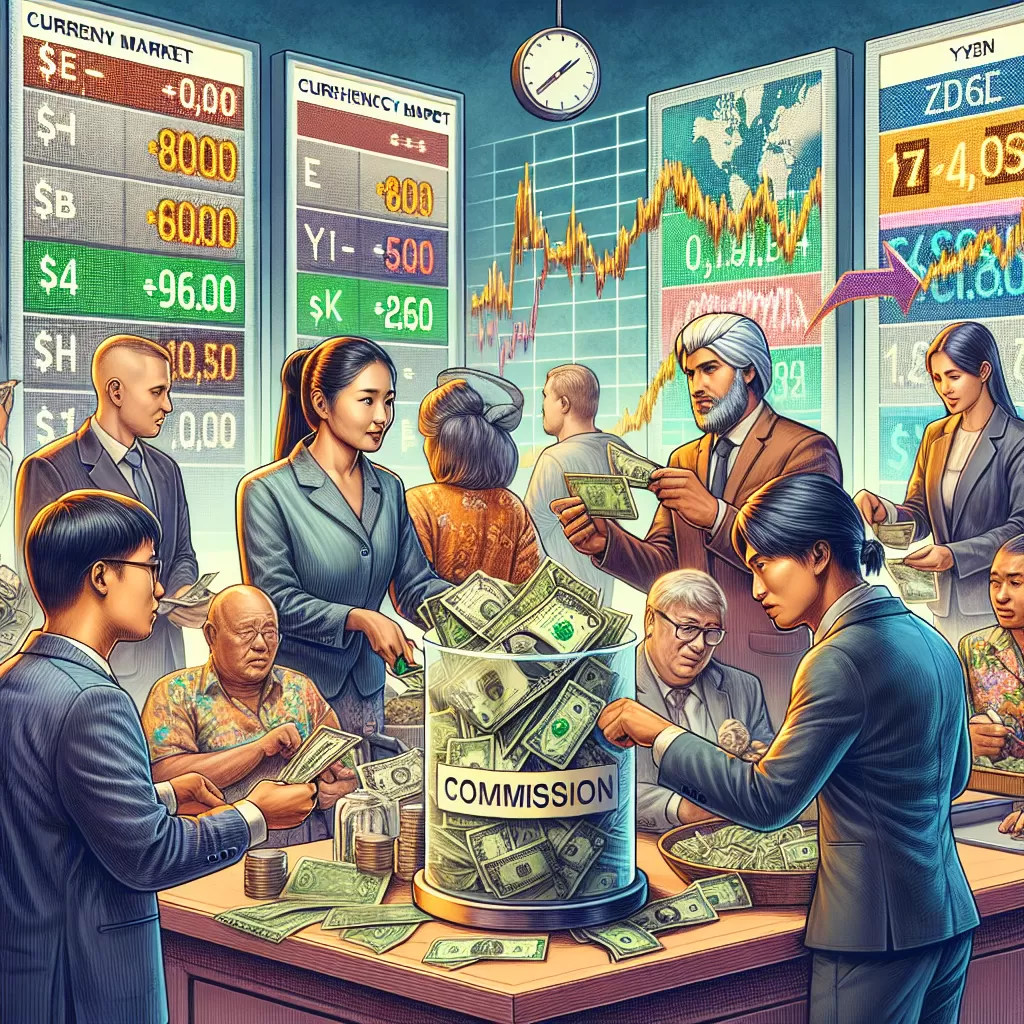How Does Currency Exchange Make Money
Follow Currency Mart April 10, 2024
Where to purchase Foreign Currencies?

Introduction
Currency exchange is a fundamental component of international commerce, tourism, and finance. It creates an avenue where borderless transactions occur seamlessly, all thanks to the fluctuating value of currencies. Regardless of whether it's a local bank, international broker, or online platform, the question arises: how does currency exchange make money? What are the key profit-making components inherent in the process?Exchange Rate Spread
One primary way currency exchanges make money is through the spread, which is the difference between buying and selling prices of a currency. They offer a particular currency at a price that is higher than what they paid for it, just like a retail merchant. This difference between the purchase and sale price is known as the "spread" and represents their basic profit margin. It is why the value of the currency you buy will often be lower than the market index price, and if you sell it back immediately, you would receive less than what you paid.Fees and Commissions
Another common method to generate revenue for currency exchange services is through fees and commissions. While some exchange services advertise "zero commission" transactions, others may charge a flat fee or a percentage of the total transaction amount. This could be a fixed amount irrespective of your exchange quantum or a slab-based charge - meaning the more money you exchange, the higher the fee. It serves as another layer of income for the currency exchange provider, boosting their profit significantly.Interest Rate Differential
Currency exchanges also earn from Interest Rate Differentials, popular in Forex (Foreign Exchange Market) trading. Different countries have different interest rates set by their central banks. The difference between these interest rates allows a currency trader to make a profit. They borrow money in a country with a low interest rate and invest it in a country with a high interest rate, pocketing the difference.Online Currency Exchange Platforms
Advancements in technology have brought currency exchange online. These platforms provide a wider audience reach and low operating costs. Online currency exchange platforms make money through transaction fees, membership subscriptions, advertising, and affiliate marketing. Their revenue increases with an increase in transactions, memberships, and digital traffic on the platform.Arbitrage Opportunities
Arbitrage is a strategy where dealers take advantage of differences in exchange rates between various currency markets. They would buy a currency at a lower rate from one market and then sell it at a higher price in another. This strategy relies on timing, speed, and global communications, and while it can be risky, it can also prove to be profitable.Investments and Financial Products
Some currency exchange companies also offer investment and financial products that are tied to currencies. These could include forwards, options, and swaps. By offering such tools, the exchange is essentially speculating on the future value of a currency, and they earn a profit if their speculation proves right.Conclusion
The currency exchange business thrives on the movement and fluctuation of global currencies. The processes used to earn a profit are as varied as the currencies themselves, often masked behind transaction ease and convenience for the consumer. It is a dynamic operation, reliant on global economics, financial policies, and even political climate. Always remember to interpret the fine print when dealing with currency exchanges, and remain informed about both the visible and hidden charges.
Where to purchase Foreign Currencies?